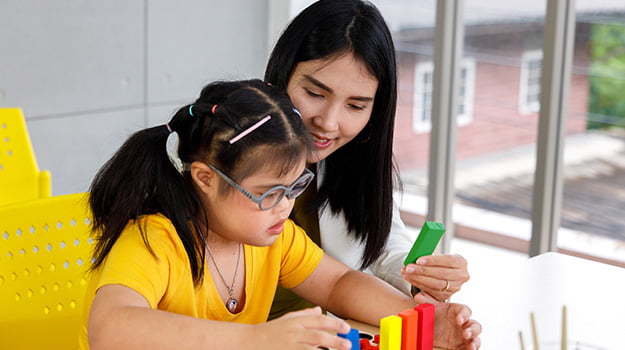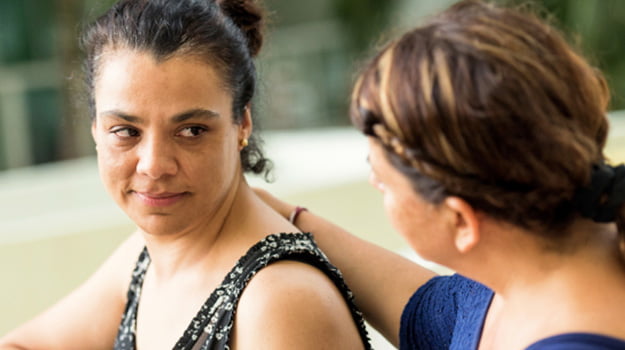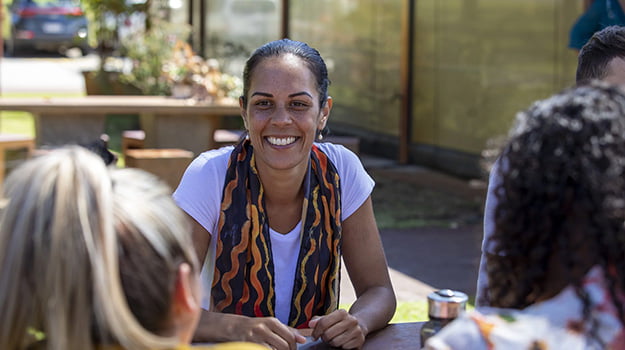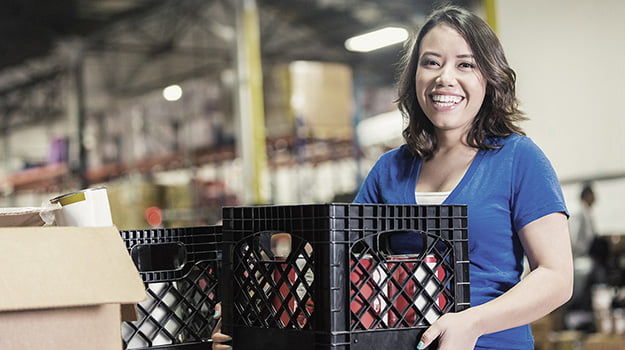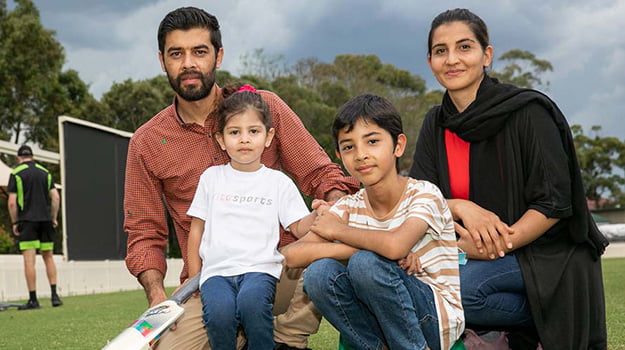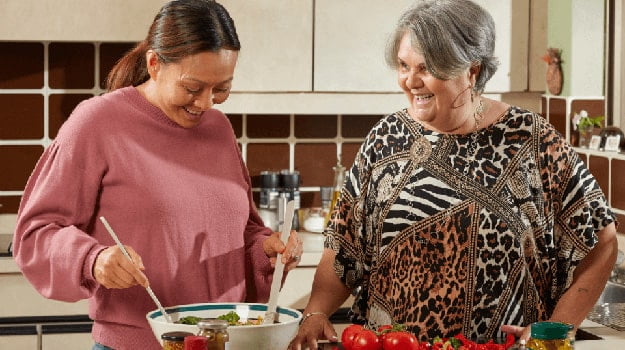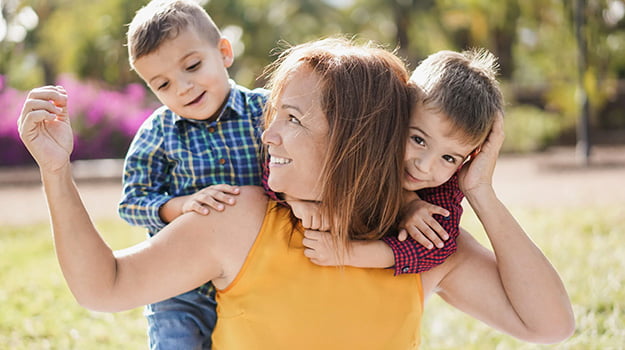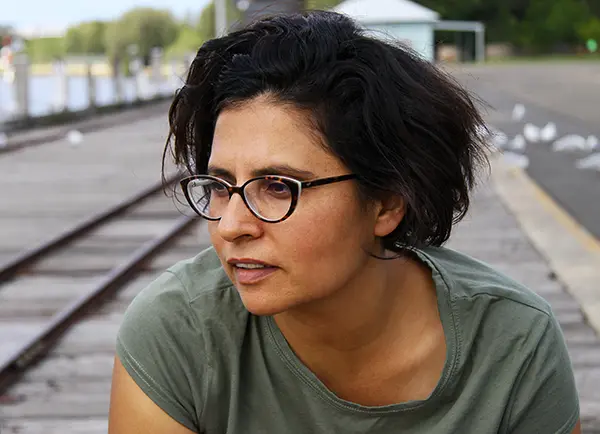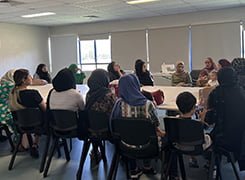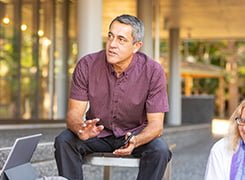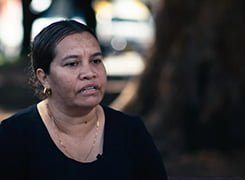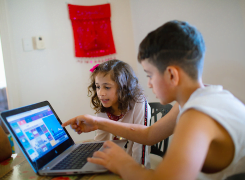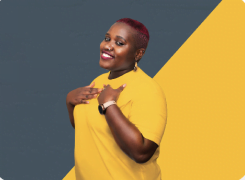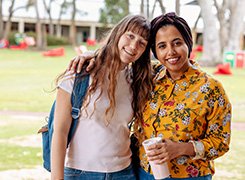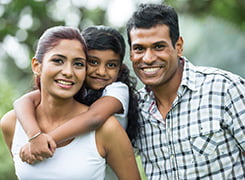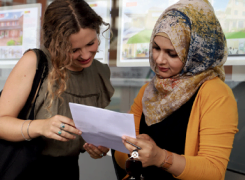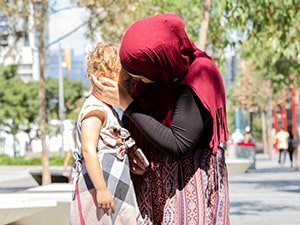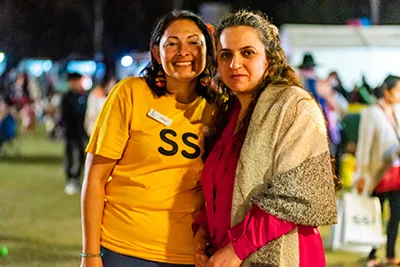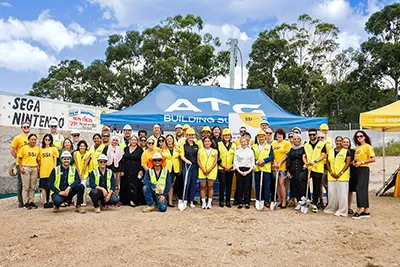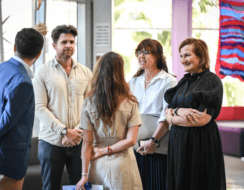21 Jan 2021
NewsOnline health and wellbeing workshops for refugee women during COVID-19 fosters community spirit
Iraqi refugee, Basima Sharwena, attended the online workshops.
Together they delivered an online women’s health and wellbeing program, hosted online September–December 2020 to accommodate COVID-19 health and safety regulations.
The workshops were created to support vulnerable refugee women who were susceptible to experiencing isolation throughout the pandemic.
Yasmin Mohamed, a co-facilitator and representative of LWHC, said the program targeted newly arrived women from different Arabic speaking backgrounds and sought to engage them in activities that raised their awareness about health.
“Conducting the program virtually was a way to facilitate social inclusion for the women, despite COVID-19,” she said.
The workshops, held each Friday, originally only had four participants but quickly grew to 15.
Various topics were covered in the sessions, including Zumba and healthy diets to mental wellbeing, information about TAFE short courses and understanding domestic violence.
Basima Sharwena, a 67-year-old Iraqi refugee who attended the workshops, said they were enjoyable and informative.
“I was interested in the health and healthy food sessions and exercises,” she said.
“I also liked the TAFE and education session, especially when they explained there’s an opportunity for people of all ages to study and complete courses through TAFE.
“I have a degree in Economics in Iraq and I want to continue studying in Australia.”
Danitza Castro, a facilitator from the Tenant Participation and Community Engagement sector of Mission Australia, said the workshops were a success.
“This group had been amazing and shown true growth through the increasing numbers of participants,” she said.
“We saw the increasing confidence of participants using different technology and their growing confidence in learning and being able to access services relevant to their situation.”
Initially, organisers were concerned about the attendees’ ability to access the workshops online.
According to SSI’s ‘Foundations for belonging: A snapshot of newly arrived refugees’ report, 51% of women from refugee backgrounds surveyed reported experiencing difficulties when navigating essential government and online services. Through effective training, the issue was addressed.
SSI Case Manager Parcina Girgis assisted in organising the event and said that the experience increased women’s confidence in using technology.
“We spent long hours in training the women to access the platform and benefit from it.
“It was a great opportunity for our women to learn to use an online platform in the uncertain time of COVID-19.”
Ms Sharwena said that although it was initially challenging, she was able to overcome that barrier.
“It was very difficult for me, in the beginning, to participate in the group online. Now I’ve learned how to do it, I feel very confident to practise and communicate with them.”
Ms Girgis said she was grateful to all those who helped bring the program to fruition, including Ms Mohammed, Ms Castro, the service providers involved, Amer Bahi and the HSP case managers who encouraged the participants to attend (Sajeeda Mehrabi, Amna Khurram, Firoozeh Dorranian, Christine Keogh, Nour Aletah and Cigdem Uydasoglu.)

